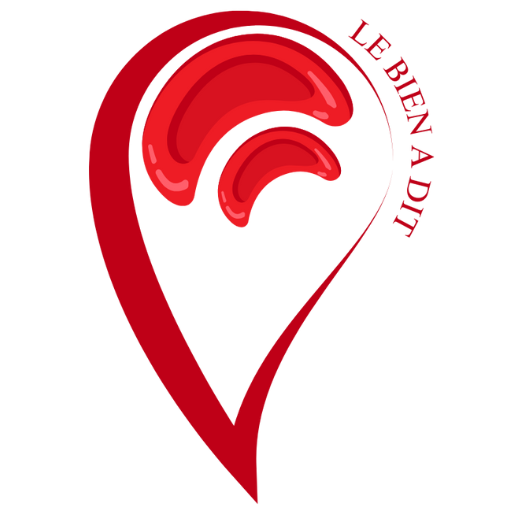FAQ's
In this FAQ section you will find answers to some of your questions.
What is sickle cell disease?
Sickle cell anaemia is a genetic blood disorder that affects haemoglobin. The red blood cells take on an abnormal shape (sickle-shaped), which can block blood circulation and cause pain, infections and chronic anaemia.
Who can be affected by sickle cell disease?
It mainly affects people from Africa, the Caribbean, the Middle East, India and certain regions of South America. It is inherited from both parents who carry the gene.
How do I know if I carry the gene?
A simple blood test can detect the presence of the sickle cell gene. This test is recommended before pregnancy or in families at risk.
What are the symptoms of sickle cell disease?
Common symptoms include:
Painful seizures (known as vaso-occlusive seizures)
Anemia
Fatigue
Frequent infections
Growth retardation in children
Is there a treatment?
There is no cure for all patients, but the disease can be managed by :
Medications (such as hydroxyurea)
Blood transfusions
A bone marrow transplant in certain cases
Regular medical check-ups
What are the objectives of your NGO?
Our NGO works for :
Raising awareness of sickle cell disease
Supporting patients and their families
Promoting early detection
Training healthcare professionals
Funding research and healthcare access projects
How can I support you?
There are several ways you can help us:
Make a donation
Become a volunteer
Take part in our awareness campaigns
Relaying our messages on social networks
Where are your operations located?
We operate mainly in areas with a high prevalence of sickle cell disease: sub-Saharan Africa, the West Indies, Europe (particularly France), and certain regions of Asia and the Middle East.
How can I benefit from your support?
If you are ill or the parent of an affected child, you can :
Fill in our online support form
Contact us directly by phone, email or social networks
Take part in our information workshops and support groups
Do you run screening campaigns?
Yes, we regularly organise free or reduced-price campaigns in schools, health centres and rural areas. Keep up to date via our website or our social pages.
How can I find out about your next actions?
Sign up for our newsletter or follow us on Facebook, Instagram, Twitter and LinkedIn so you don't miss out on any of our news, events and campaigns.
2025 - All rights reserved - Ta STRAT

